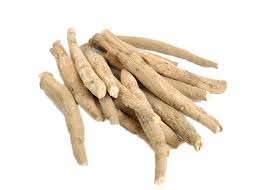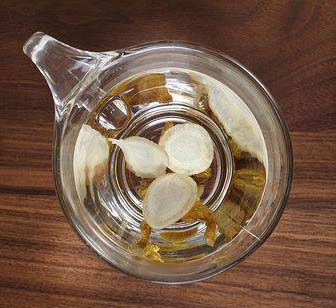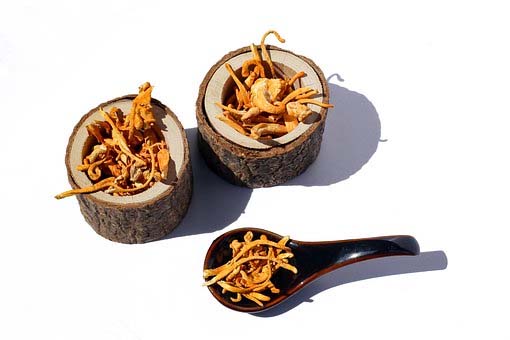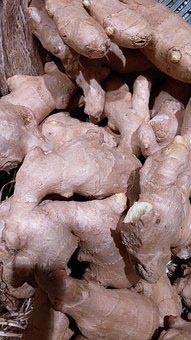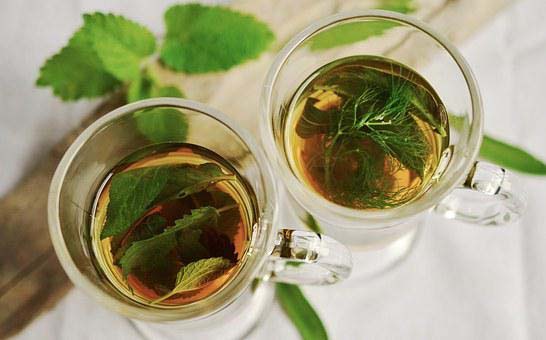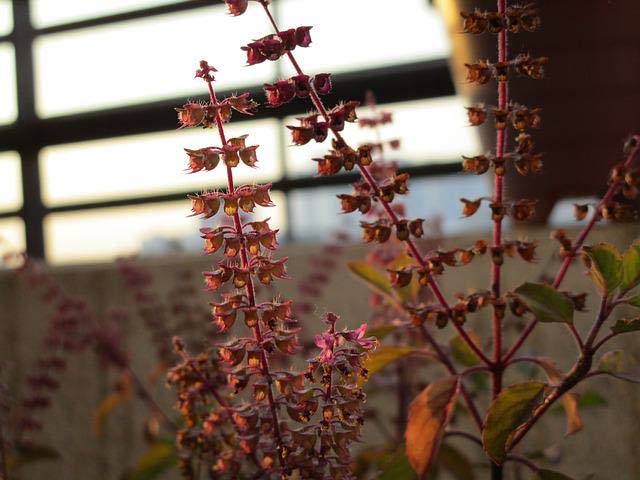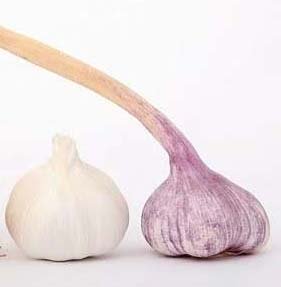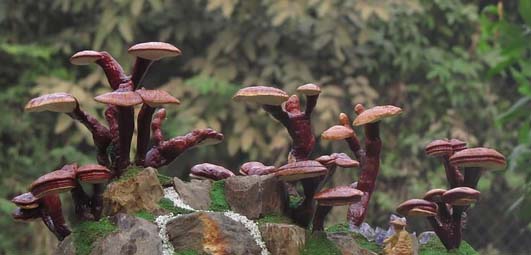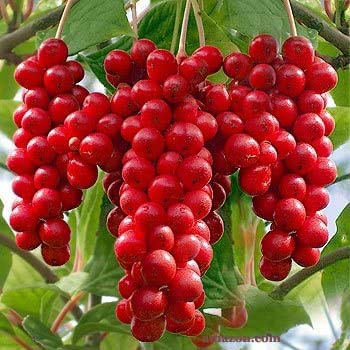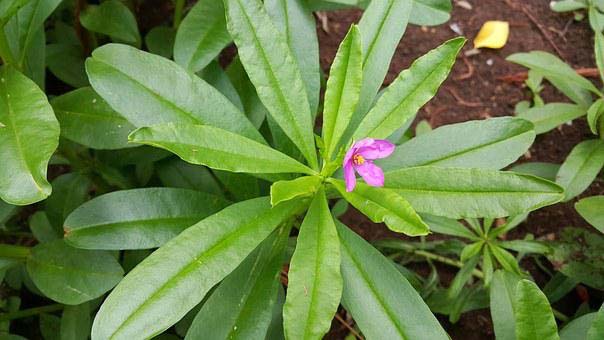ADAPTOGENS FOR
LONG COVID
Adaptogens for long COVID sufferers (long haulers) are being touted by some nutritionists, wellness purveyors, and medicinal philosophers as the answer to the almost endless list of life-altering symptoms that a sizeable number of people who have survived COVID-19 are experiencing. Not the least of these include debilitating fatigue, shortness of breath, and difficulty thinking.
WHAT ARE ADAPTOGENS?
Adaptogens are natural substances that are believed to stimulate the body's resistance to physical, environmental, and emotional stressors. Adaptogens include items such as herbs, mushrooms, foodstuffs, etc. that are supposed to help our bodies adapt to stressful situations, thus mitigating the bodily damage that comes from stress.
We know some of these adaptogens came from folk medicines that came before modern science and others from secret Soviet military scientific research of the mid-20th century.
Today, wellness gurus can be found thwarting even current evidence-based medicine with extraordinary claims for these adaptogens. They include energy-healing crystals and supplements and they have become the magical spices of the ‘wellness world!’ Who better to sell them to than long COVID sufferers?
SECRET SOVIET
MILITARY SCIENTIFIC RESEARCH OF THE MID-20th CENTURY
Soviet scientists in the middle of the 20th century, looking to find an edge to benefit Russian soldiers during World War II, began to study investigations of Asian folk medicines, particularly the woody vine known as Schisandra chinensis, which was used by Nanai hunters who lived in parts of modern Russian and China.
The Nani used Schisandra as a tonic to invigorate the body and mind. Thus, Soviet pilots and submariners were given Schisandra to boost their energy and calm their nerves. It was thought this tonic could help the bodies of these soldiers to better adapt to the stresses of war.
Soviet scientists studying adaptogens described them as substances that must abide by a number of rules:
- Rule #1 - An adaptogen must have a NON-SPECIFIC ACTIVITY. This means it must help a person to adapt to a wide variety of stressors, including physical, chemical, and biological agents.
- Rule #2 - An adaptogen must have a NORMALIZING INFLUENCE. This means that it can increase what needs to go up in one person and decrease what must needs to go down in another.
- Rule #3 – Adaptogens must DO NO HARM.
The Soviets spent decades researching Schisandra, as well as other adaptogens, resulting in over 1500 studies. Unfortunately, most of these studies are not listed in the major searchable databases of scientific papers. Researchers in the field found the quality of those Soviet studies was lacking and the diagnoses used were somewhat questionable.
According to WebMD, Schisandra is considered an adaptogen, a class of natural substances. The chemicals in Schisandra also improve liver function and might increase energy, which can improve endurance and coordination. People use Schisandra for menopause, exercise performance, pneumonia, and many other purposes, but there is no good scientific evidence to support any use.
ADAPTOGENS TODAY
Product labels from manufacturers and claims from social media influencers promise a limitless number of benefits for adaptogens. They are touted to sharpen the memory, boost the sex drive, rid the body of exhaustion, help stabilize blood sugar, and fight cancer, among others.
Adaptogens, according to those who promote them, are not stimulants, like caffeine. A cup of coffee or tea with caffeine will give you a boost but it will be short-lived, and if you don’t have another cup, you will crash.
Adaptogens, however, because they are purported to support the body’s stress response, are not supposed to make you crash. They are said to have no side effects, no negative impact on sleep, and no risk of creating addiction, tolerance, or abuse. Again, who better to sell to than chronic long haul COVID sufferers?
TYPES OF ADAPTOGENS
There are many types of adaptogens being promoted (as of August 2022). One of the most common include a variety of unrelated plants referred to as ginseng. And there are many plants called ginseng, including Chinese ginseng (Panax ginseng), Siberiann ginseng (Eleutherococcus senticosus), American ginseng, Malaysian ginseng, and Peruvian ginseng. Indian ginseng, better known as ashwagandha (Withania somnifera), is an evergreen shrub that was recommended by the Indian government to treat COVID-19.
Holy basil is a natural adaptogen often found in Thai restaurant food. Golden root (Rhodiola rosea), found in the high altitudes of Europe and Asia, is another popular adaptogen.
Foods said to have adaptogenic benefits include reishi and cordyceps mushrooms, green tea, ginger, and garlic. There are also some synthetic substances like bromantane, which is actually considered a stimulant and is on the list of prohibited substances on the WADA’s list. (World Anti-Doping Agency).
THE PROBLEMS WITH ADAPTOGENS
Those who believe in the claims of the efficacy of adaptogens tend to ignore the many problems they have, which are also the general problems of herbalism:
- BLURRED BOUNDARIES-The boundaries between adaptogens, which are supposed to be in their own category and immunomodulators or substances that regulate the immune system or nootropics, substances that improve our memory and thinking, tend to be blurred since many adaptogens also show activity as immunomodulators and nootropics.
- OVERSIMPLIFICATION-Wellness gurus have oversimplified things before. An example of this is the pushing of the use of antioxidants as supplements to prevent chronic diseases. The actual scientific evidence regarding the efficacy, safety, and appropriate dosage of antioxidants in relation to chronic disease has not yet been proven. Nor has it been shown that there is any consistent benefit from the use of antioxidant supplements on cardiovascular disease or cancer, with some trials even suggesting possible harm could come to certain subgroups of people.
- MOLELCULAR COMPOSITIONS-It is important to understand that adaptogens are mixtures of many molecular compounds that some claim to be similar to chemicals our bodies naturally produce to help us respond to stress. However, the molecular composition of plants varies based on the climate, soil compositions, presence or absence of infections, the fertilizer used, etc. The adaptogen qualities received from last year’s harvest of ginseng may not be the same as this year’s harvest.
- LOOSE REGULATION-In addition. the looseness of the regulation of the natural health product industry has to be mentioned. It is really difficult for the consumer to know what he or she is buying, unlike acetaminophen tablets, where the dose will always be constant.
- DRUG CONTAMINATION-Contamination with actual drugs, such as the steroid prednisone, is another problem. The real reason a person may be getting a boost from any particular adaptogen may actually be prednisone or another drug.
- DISAPPOINTING HUMAN DATA-All the promising data on adaptogens comes from animal studies. The relatively few studies done in humans tend to be disappointing. They often lack randomization, recruit only healthy people, and they don’t specify the dose of the herb that was tested. At best, adaptogens may help with stress and fatigue but more studies are needed. At worst, there is no scientific indication of the claimed clinical benefit.
- SAFETY-The degree of safety should be most important since adaptogens are supposed to do no harm. Yet, there is no long-term, properly documented safety data on the consumption of these plants. The reality is that plants contain chemicals and chemicals can indeed harm us. As an example, ashwagandha sold by some as a treatment for COVID-19 may actually cause abortions.
ADAPTOGENS FOR LONG COVID?
At this time, there is no enduring scientific evidence that adaptogens can relieve the symptoms of long COVID. Trials and studies are continuing.
When looking closely at current studies on adaptogens, it is important to find out what entity is sponsoring the study and whether or not the scientists during the research are connected in any way with the sponsor.
Wellness and health gurus can always state that an adaptogen works and sell it to unsuspecting consumers who are desperately looking for a treatment or cure. These gurus are also very good at slicing and dicing data to prove their point.
SUMMARY: CONSUMER BEWARE WHEN CONSIDERING ADAPTOGENS FOR LONG COVID RELIEF
As mentioned above, the long-term safety of adaptogens has not yet been demonstrated, the regulation of this market is poor, and some adaptogenic herbs are known to have potentially serious side effects.
The only scientific evidence for the effectiveness of adaptogens usually comes from animal studies. The few published human studies tend to be small and lacking in thoroughness and consistency.
NOTE: Scientific information used in this article was obtained with permission from the McGill Office for Science and Society.
Top of Adaptogens for Long COVID
"The Cleanest Clean You've Ever Seen."
by
ABC Oriental Rug & Carpet Cleaning Co.
130 Cecil Malone Drive Ithaca, NY 14850
607-272-1566



